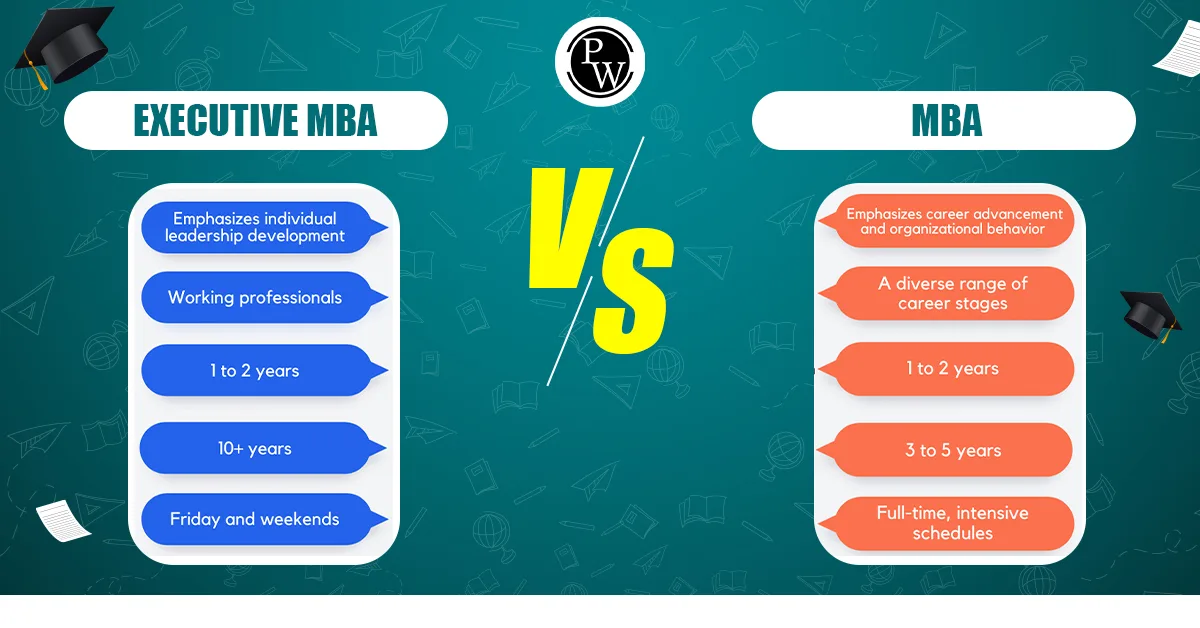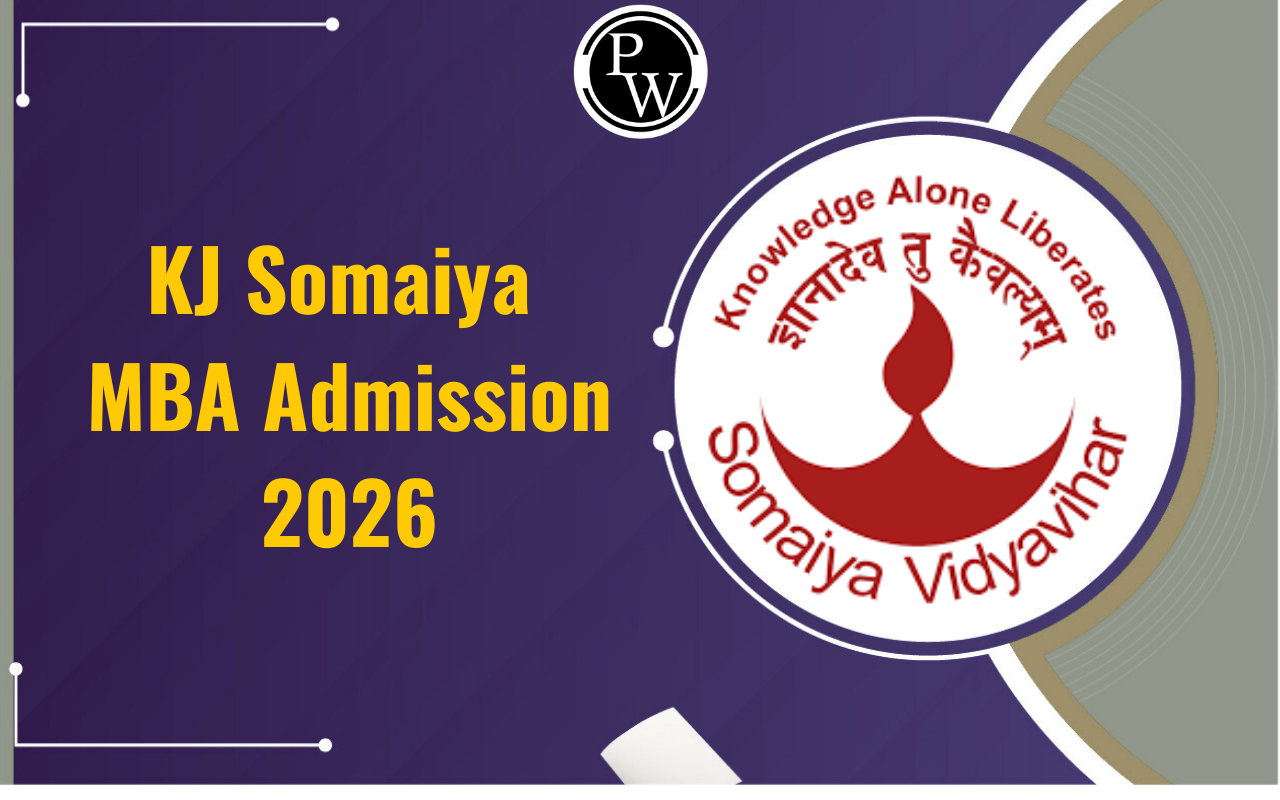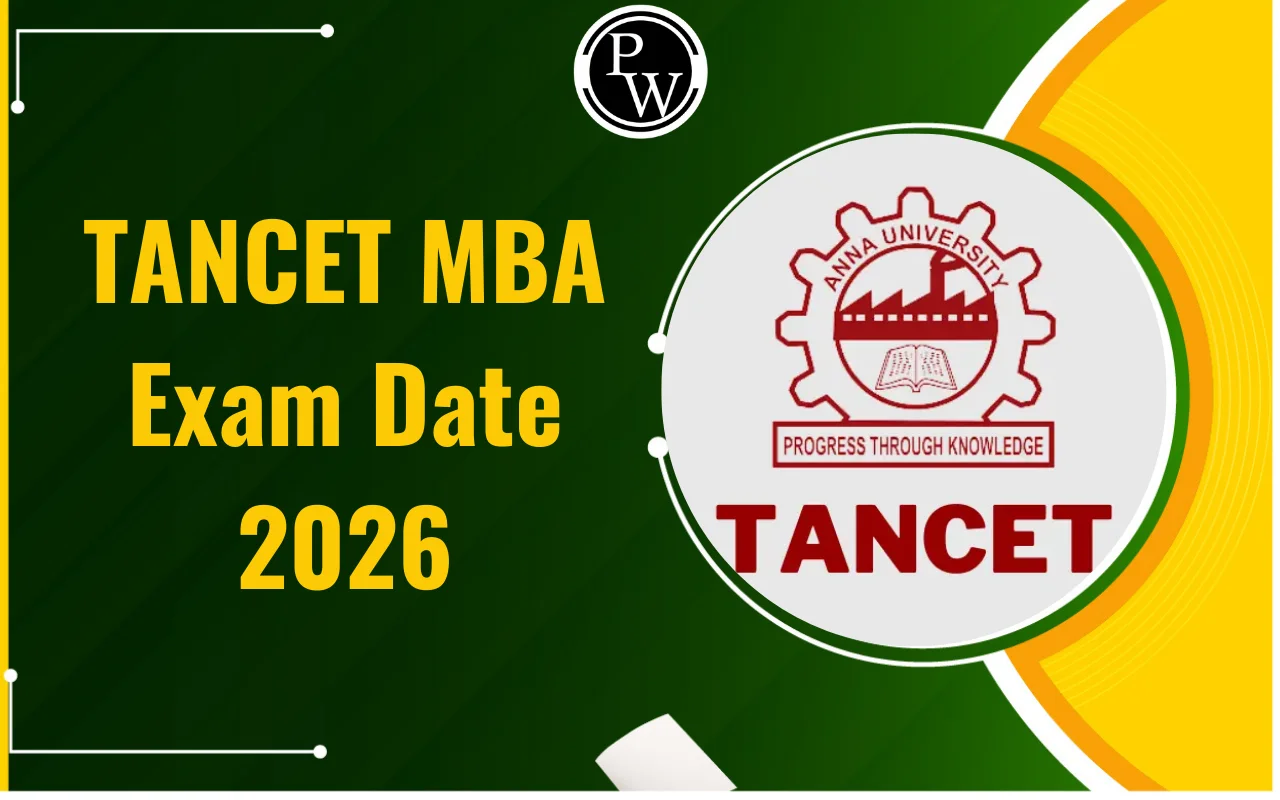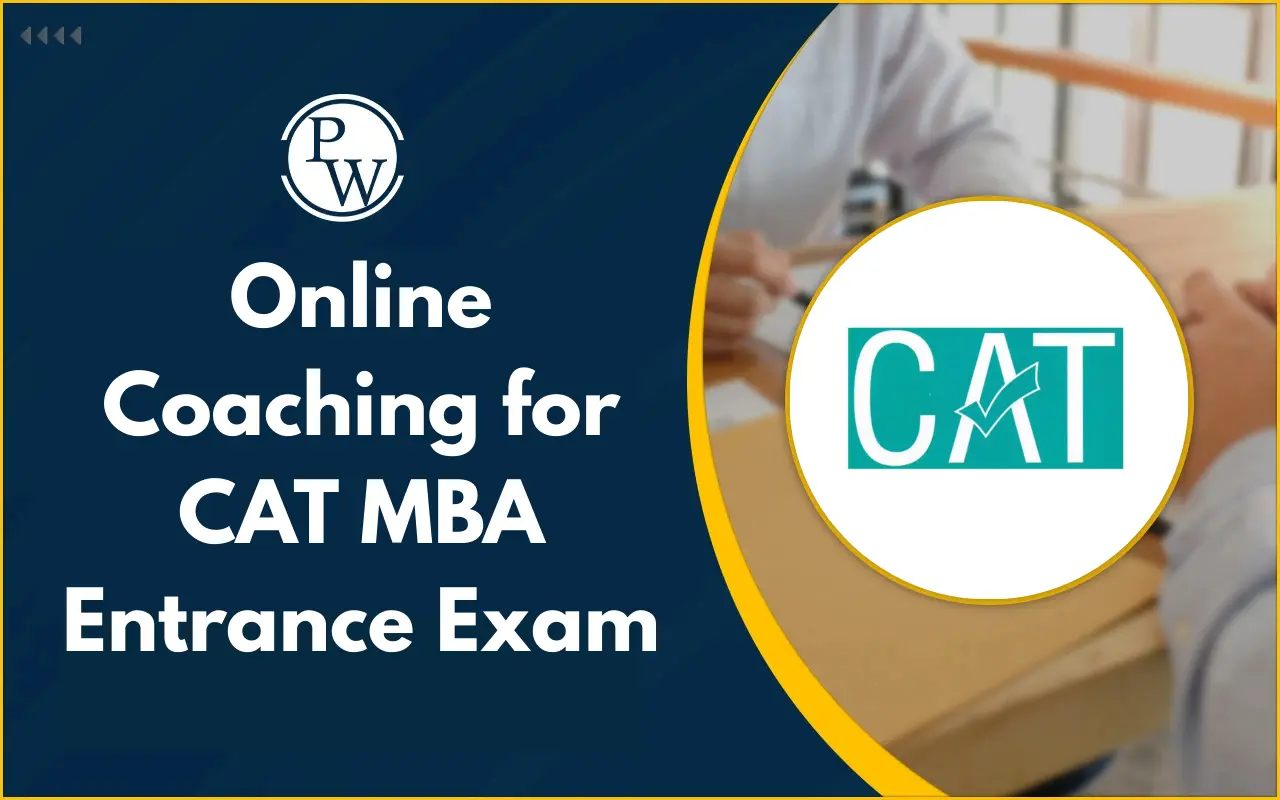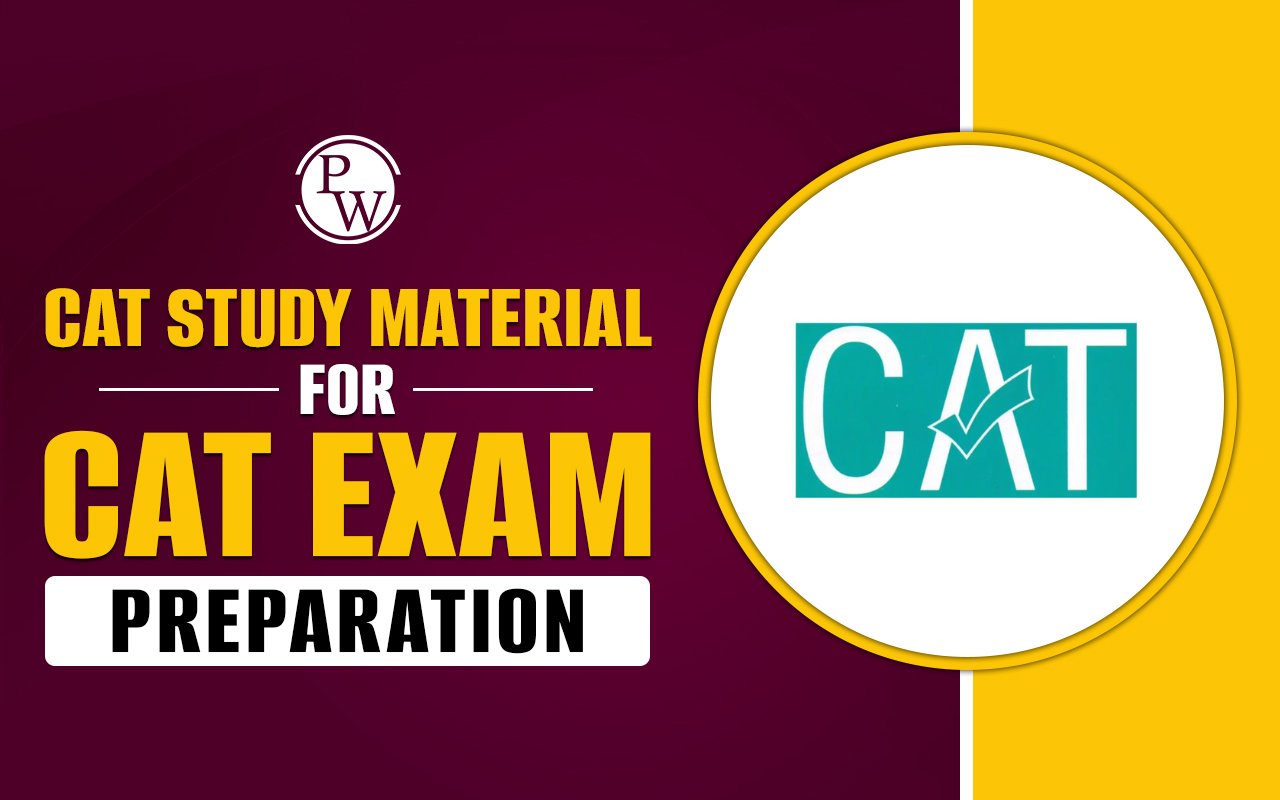
Executive MBA vs MBA: MBA and Executive MBA are both graduate-level business degrees that equip students with important skill sets, a valuable business network, and some prestige that comes with a higher degree. The main difference between the two is the level of immersion in the graduate school experience and the customization of classes.
MBA programs are full-time and require a full-day, intensive schedule, while Executive MBA programs are part-time and allow students to keep their full-time jobs. Ultimately, the preference comes down to the student's flexibility in timing and money.
Executive MBA vs MBA
The Executive MBA (EMBA) and the MBA are both advanced business degree programs, but they differ in several key aspects. The EMBA is designed for professionals with significant work experience who want to continue working full-time while pursuing their degree. EMBA classes are more intensive, often scheduled outside normal business hours, and typically completed in two years.| Key Difference Between Executive MBA vs MBA | ||
| Aspect | Executive MBA (EMBA) | MBA |
| Target Audience | Professionals with significant work experience | Students leaving their jobs for full-time study |
| Class Intensity | More intensive, often outside normal business hours | Traditional academic schedule, full-time |
| Employment Status | Continues working full-time during the program | Requires leaving current job for full-time study |
| Duration | Typically completed in two years | Typically a two-year program with a summer break |
| Program Structure | Differences in structure compared to full-time MBA | Traditional academic structure |
| Recruiting Services | Limited access to on-campus recruiting services | Access to on-campus recruiting services |
| Degree | Same degree as full-time MBA | Same degree as EMBA |
| Student Profile | Differences in the profile of students | Differences in the profile of students |
Admission requirements for Executive MBA vs MBA
Getting into an Executive MBA (EMBA) or MBA program depends on the school, but there are some general differences in what they look for in applicants. The main thing that sets them apart is the work experience they want you to have. Executive MBA (EMBA) Admission Requirements:- Work Experience: Usually, they want you to have 5-10 years of experience in your job.
- Test Scores: Some programs might accept results from the Executive Assessment (EA) instead of GMAT or GRE scores. Some may not ask for GMAT or GRE scores at all.
- Class Schedule: Classes are often on Fridays, weekends, or online, so it's good for people who are already working.
- Work Experience: Normally, they look for 2-5 years of job experience.
- Test Scores: You usually have to take the GMAT or GRE.
- Class Schedule: You need to leave your job and study full-time. There are various schedule and program options to choose from.
What is the difference in curriculum between Executive MBA vs MBA?
The curriculum differences between Executive MBA (EMBA) and MBA programs are as follows: Executive MBA (EMBA) Curriculum:- What you Learn: It focuses on important business ideas and tools for leading and planning in organizations.
- Full Learning: Usually, it covers a lot of different topics like strategy, innovation, and leadership.
- How You Learn: It often follows a set way of learning, where everyone goes through the same things. There might not be many different paths because students already know a lot from their jobs.
- What you Learn: It includes advanced business classes and lets you specialize in areas like finance or marketing.
- Flexibility: You can choose when and how you want to learn. It lets you pick a specialty and shape your education based on what you like.
- Specializations: You can focus on specific areas like finance, marketing, or entrepreneurship. You usually get to decide when you want to take your classes.
What are the networking opportunities available to executive MBA students?
People in the Executive MBA (EMBA) program have chances to connect with others, which can help them in their job growth. Some of these chances include:- Using LinkedIn to talk with classmates and discuss things.
- Going to the university's yearly Executive MBA Leadership Conference and joining other important events.
- Talking at events related to their industry and building relationships with people from different parts of a company.
- Becoming a part of professional groups and using tools from the EMBA program for networking and guidance.
- Going to events where they can meet and talk with others, including their peers and recent graduates.
Physics Wallah offers online coaching for the Common Admission Test (CAT) through their MBA Pioneer Pro 2024 batch . This batch includes online classes for management examinations for 2024, including CAT. Join now to enhance your preparation journey.
Executive MBA vs MBA FAQs
What makes an Executive MBA different from a regular MBA?
An Executive MBA is for people who have lots of work experience and usually work full-time. A regular MBA is for people at different career stages, including those with less work experience.
How are the classes different in an Executive MBA compared to a regular MBA?
Executive MBA classes are often on weekends or in intense sessions to fit the schedules of working people. Regular MBA classes usually follow a more normal weekday schedule.
Can anyone apply for an Executive MBA, or do you need specific qualifications?
Usually, you need about 8-10 years of work experience to apply for an Executive MBA. Regular MBA programs may accept people with less work experience.
What do you learn in an Executive MBA that you might not learn in a regular MBA?
An Executive MBA focuses on practical, real-world business applications. It helps people already working to improve their leadership and strategic skills. A regular MBA might cover a broader academic foundation.
What are the good things about doing an Executive MBA instead of a regular MBA for your career?
An Executive MBA can quickly improve your leadership skills and help in your current job. A regular MBA might be better if you want to change careers or get a full business education earlier in your career.
Talk to a counsellorHave doubts? Our support team will be happy to assist you!

Free Learning Resources
PW Books
Notes (Class 10-12)
PW Study Materials
Notes (Class 6-9)
Ncert Solutions
Govt Exams
Class 6th to 12th Online Courses
Govt Job Exams Courses
UPSC Coaching
Defence Exam Coaching
Gate Exam Coaching
Other Exams
Know about Physics Wallah
Physics Wallah is an Indian edtech platform that provides accessible & comprehensive learning experiences to students from Class 6th to postgraduate level. We also provide extensive NCERT solutions, sample paper, NEET, JEE Mains, BITSAT previous year papers & more such resources to students. Physics Wallah also caters to over 3.5 million registered students and over 78 lakh+ Youtube subscribers with 4.8 rating on its app.
We Stand Out because
We provide students with intensive courses with India’s qualified & experienced faculties & mentors. PW strives to make the learning experience comprehensive and accessible for students of all sections of society. We believe in empowering every single student who couldn't dream of a good career in engineering and medical field earlier.
Our Key Focus Areas
Physics Wallah's main focus is to make the learning experience as economical as possible for all students. With our affordable courses like Lakshya, Udaan and Arjuna and many others, we have been able to provide a platform for lakhs of aspirants. From providing Chemistry, Maths, Physics formula to giving e-books of eminent authors like RD Sharma, RS Aggarwal and Lakhmir Singh, PW focuses on every single student's need for preparation.
What Makes Us Different
Physics Wallah strives to develop a comprehensive pedagogical structure for students, where they get a state-of-the-art learning experience with study material and resources. Apart from catering students preparing for JEE Mains and NEET, PW also provides study material for each state board like Uttar Pradesh, Bihar, and others
Copyright © 2026 Physicswallah Limited All rights reserved.

